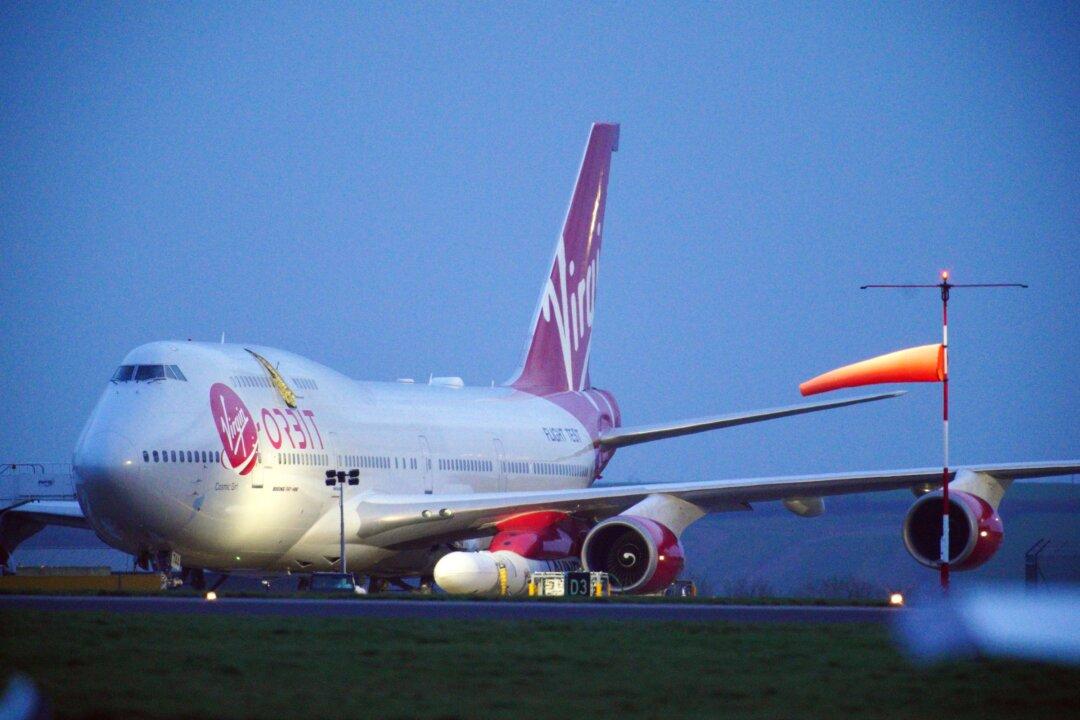“There is now not a moment to lose” if the UK is to realise the full potential of its space launch sector, a Parliamentary committee has warned.
In a report published by the House of Commons Science, Innovation and Technology Committee on Friday, a cross-party group of MPs criticised the UK’s “disjointed approach” to space policy.





